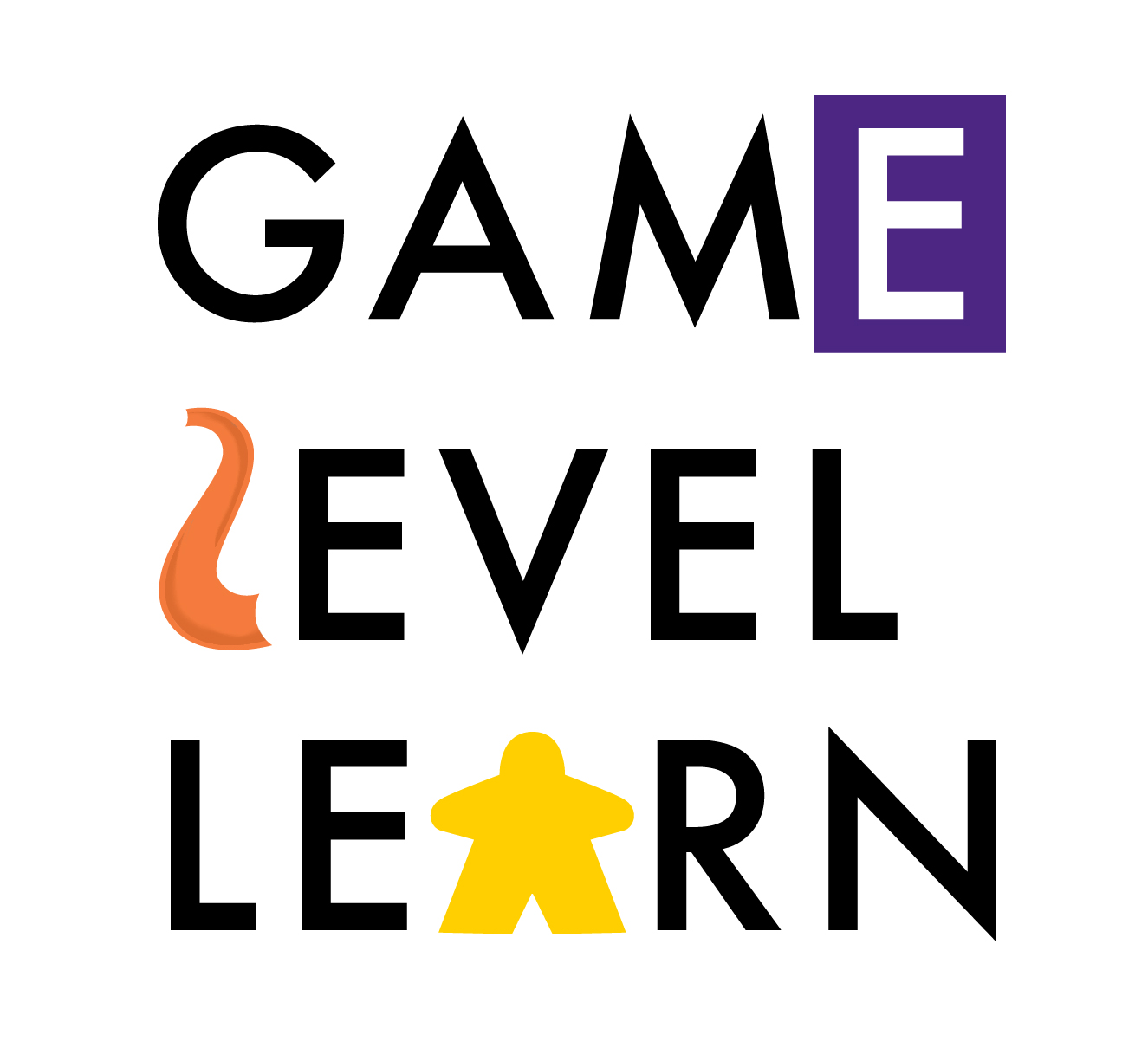51 Mechanics: Press Your Luck
/BoardGameGeek (BGG) is a singular repository of gaming information, knowledge and wisdom that has been serving the modern board game hobby since 2000. I consult it regularly and have used its database to manage my own game collection. I also used it when I was writing my 2016 book on gamified instruction, particularly with regard to the game mechanics that BGG identified and organized content into. While there are more than 85,000 games, even now, there are just 51 mechanics. Since every mechanic offers something to the teacher who wants to use games in the classroom, I'm going to use this section of Game Level Learn and my own contributions to it to assess games from each of these 51 mechanics. Next up?
Press Your Luck games are a tricky one for the gamifying teacher. All gamified experiences are enhanced if there is a bit of luck involved, but too much (and it is easy to overdo this) and learners/players will feel as if fate is more important than what they actually can do. So, be careful. In these kinds of games, there is a dimension of the game that encourages you to take a risk with randomness, with fate. In each, there’s a reward for the successful risk taker and a punishment for the one who fails. No great surprise there. What makes these games fun to play is precisely that risk taking. These are all fun games, and definitely worth playing if you want to get a handle on this mechanic. For my money, the best of the lot is Ra.
King of Tokyo (BGG Rank: 226)
In King of Tokyo, players take on the role of Japanese monster movie monsters trying to become master of the world by defeating other Japanese monster movie monsters. The trick is that you only get to take certain actions while you are the active attacker of the city, but while you are in active attack, you are especially vulnerable. How long do you stay in one role or another?
Mystic Vale (BGG Rank: 394)
Mystic Vale is the first “card crafting” deck building game. In this game, you start with cards that are Tarot-sized and over the course of the game, the player buys clear plastic cards that get sheathed into these Tarot-sized cards and change their powers. Fascinating game mechanic. From the Press Your Luck perspective, in this game, you flip over a number of cards until you get a combination that is one point away from causing what’s called “spoiled.” You are welcome to take the face up card on your deck and then flip the next card, but if it has a spoil marker, you lose your turn and get a small boon as a result.
Ra (BGG Rank: 136)
Ra is a great classic from the 1990s, developed by Reiner Knizia as part of his mediation on the auction mechanic. Ra’s Press Your Luck component centers on the main action of the game, drawing tiles from a bag. In Ra, when you draw a tile from the bag, you add it to a row of already-drawn tiles. If you chose not to draw a tile from the bag, you could choose to initiate an auction for the tiles in the face-up row. It is up to you to decide whether this makes sense or not. Having said that, in the bag are a number of tiles called Ra tiles. These force an auction to happen whether you wanted it to or not. The balance between these choices makes this game tactical, one of the most tactical of the Press Your Luck mechanic games.
Tiny Epic Quest (BGG Rank: 531)
The “Tiny Epic” games are well-loved for a reason. In this game, players gather materials and resources by day and at night, have to roll dice to determine how far they’re willing to take risks to bring forward some or all of their gains. Rest and wait to play on or roll?
Welcome to the Dungeon (BGG Rank: 791)
In Welcome to the Dungeon, players take on the role of braggadocio cowardly dungeon explorers challenging their friends to dungeon dive. If you go into the dungeon, however, you have to go with fewer resources than you’d otherwise like to have. The hope is that you’ve got the right combination left so that you can survive. Win twice and you win.
Cover image from: https://www.boardgamegeek.com/image/187402/ra


